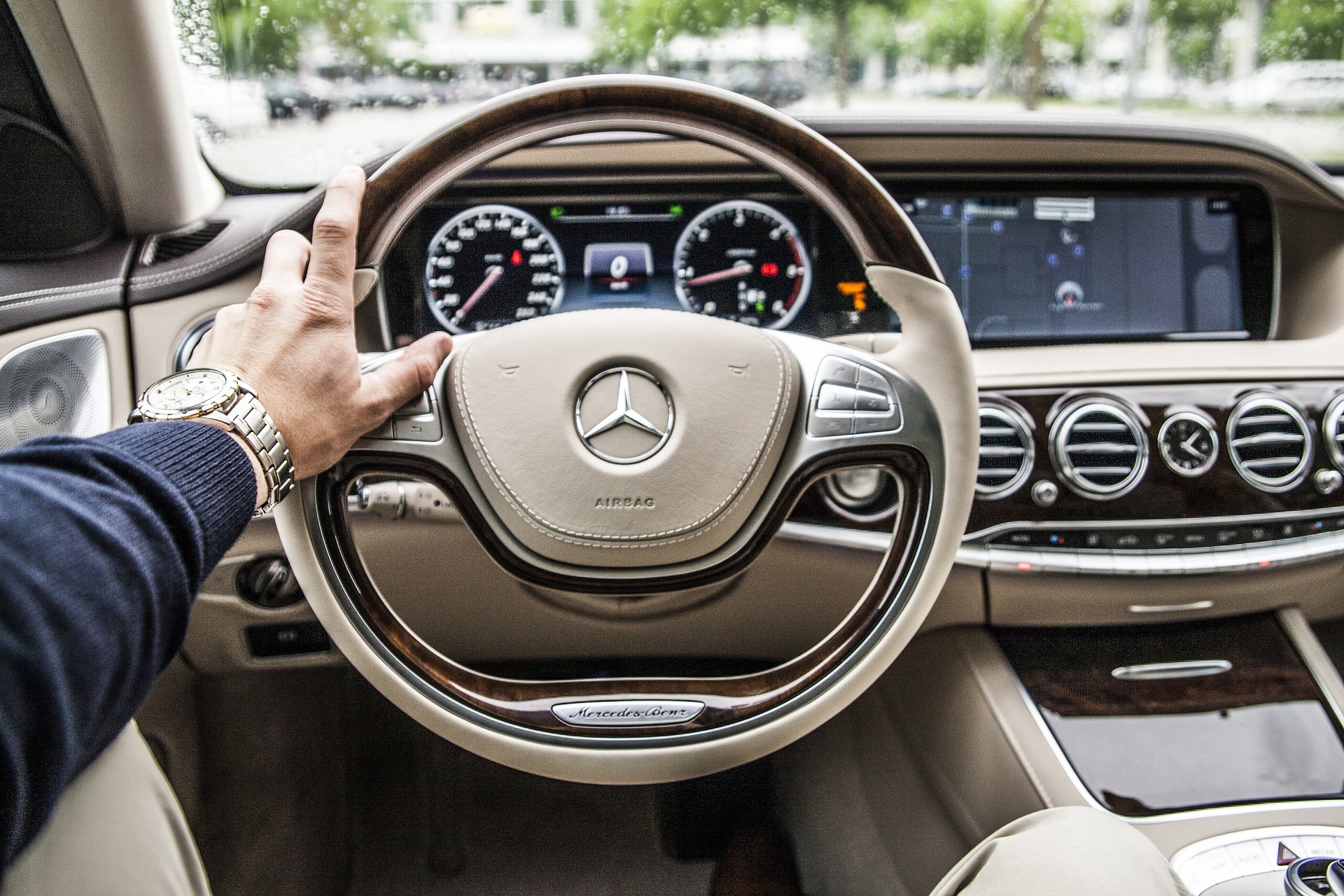
An Insurance Institute for Highway Safety (IIHS) study revealed that drivers did not completely trust lane-centering systems and even find them bothersome.
The IIHS found that drivers trusted systems such as adaptive cruise control more than lane-centering systems and they perceive them as more of a burden than anything. The study examined 20 drivers and observed how they responded to these systems during test drives.
The drivers were subjected to two test routes, one more urban and the other more rural. They used several vehicles, namely a 2017 Mercedes-Benz E300, a 2019 Infiniti QX50, a 2018 Volvo S90, a 2017 BMW 530i and a 2016 Tesla Model S.
The study revealed that while 75% of the test drivers believed the adaptive cruise control did a good job accelerating and decelerating during the tests less than 50% of them said lane-centering technology did a commendable job. They were unaware if the system detected various lane markings automatically and this impacted their perception of active safety technology in a general sense.
One driver said: "I didn't like how this computer could just randomly decide to correct my driving when there was nothing wrong with where I had the car. When they would correct my driving, I felt kind of insulted by the car."
While studies have shown the importance of active safety technology in avoiding and reducing the number of crashes, drivers need to understand the systems and accept them in order to see those benefits. The study also found that drivers were more appreciative of the technology if it made smooth and gradual transitions automatically.
Some drivers claimed that the systems seemed to counter manual controls and steer them into hazards, which is contrary to the automation's promise for more safety.
The study results add to a previous JD Power research that showed how some active safety technology was overbearing to the point that some drivers did not want the technology in their future vehicle.






